detail profile kasym zhakibayev
Peran Yang Di Mainkan Kasym Zhakibayev
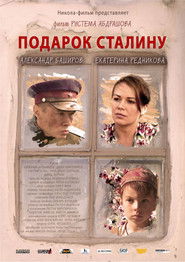 A Jewish child deported to Kazakhstan...
A Jewish child deported to Kazakhstan...The Gift to Stalin 2008
A Jewish child deported to Kazakhstan is saved and adopted by Kasym, an old Kazakh railway-man. Kasym gives him a Kazakh name, Sabyr, that in Kazakh language means humble. The child grows up in the small Kazakh village along with other deportees Vera, a traitor's wife, and Ezhik a Polish doctor. The Soviet militia harasses the poor peasants and Vera suffered the harassment of a bully cop: Bulgabi. Finally Vera accepts the marriage proposal of Ezhik but the jealous Bulgabi tries to prevent the marriage. The result is a fight in which Ezhik shoots himself accidentally. The old Kasym decides that Sabyr is now old enough to go to seek his real parents. At the end Sabyr, now an adult, decides to return to the village, but the village no longer exists because it was destroyed by a Soviet nuclear test.
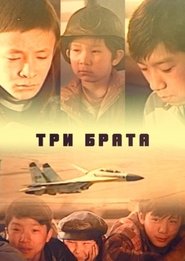 Three brothers live in a small...
Three brothers live in a small...Three Brothers 2000
"Three brothers live in a small village somewhere in Kazakhstan. Nearby is the small station, where an elderly man, who has had the nickname Klein since he was in a concentration camp in the Second World War, rules the roost. ... The children ask inquisitively about the nature of his activities, as nothing seems to happen. He tells them that he supplies a local military base with material. Klein starts telling them different stories, for instance about the beautiful lake where the officers spend their spare time and where life is as beautiful as the women. The picture he sketches of this lake is so attractive to the three brothers and their friends that they resolve to go there. They know from the old man that it will cost money, because life is dear. Tri brata is not a children's film, but a fairy-tale about today's world with its military aircraft on one side and an elderly man with his railway material on the other." - IFFR
 Group of Cossacks are coming to...
Group of Cossacks are coming to...Gongofer 1992
Group of Cossacks are coming to Moscow to buy an ox. Moscow turns out to be a devilish hole crowded with witches. Some local witch seduces one of the Cossacks, Kolka Smagin and robs him of his eyes, giving him alien blue ones instead. Now Kolka and his uncle Zarubin are ready to start World War III in order to get the eyes back. The quest begins.
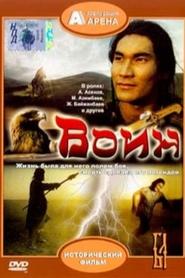 In order to free his mother...
In order to free his mother...Warrior 1991
In order to free his mother from the khan's imprisonment, the young warrior Kaisar must get a sacred sword from the Heavenly Land. With his help, he frees the most beautiful girl on Earth from the hands of all-powerful monks who preach the bloody cult of sacrifice to the forces of evil and master the martial art of ninja, for the love of which he is ready to give his life.
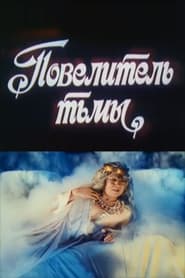 When the herdsmans son was born...
When the herdsmans son was born...Lord of Darkness 1990
When the herdsman's son was born, the Great Ruler of the underworld, Erlik Khan, predicted to the newborn that he, having reached the age of seventeen, would be sacrificed to atone for human pride. But Mohammed — that's what his father called him — grew up kind and brave. The young man managed to force the Lord of Darkness to change his destiny.
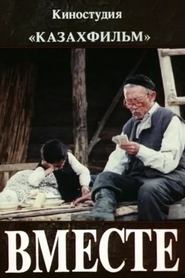 In the Kazakh village live Dzhumagali...
In the Kazakh village live Dzhumagali...Together 1988
In the Kazakh village live Dzhumagali grandfather with his grandson Achan six years, still in its infancy have been orphaned. It is not easy they have, even though the boy had learned to fan the samovar, do the dishes and go after the cattle. But the old man for a long time and seriously ill, and he knows that he is not a long stretch. So I decided Dzhumagali part with her beloved grandson - sent him to the city to stay with relatives while he stayed to live out his life in the village.
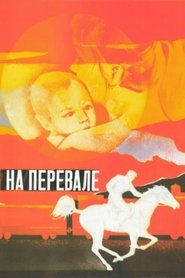 The year is 1929 The construction of...
The year is 1929 The construction of...Turksib 1986
The year is 1929. The construction of a railway connecting Central Asia and Siberia is in full swing in Kazakhstan. This highway threatens the age-old way of life of the inhabitants of the steppe, where gangs of Basmachi still operate. The heroes of the film are the chief engineer of the Dzhungarov construction site and an elder of a large family, bai Sarybura. The fate of both is developing dramatically, both, each in their own way, are interested in the early completion of the Turksib.
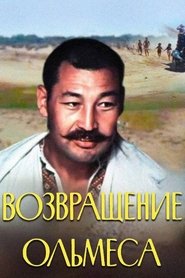 Three brothers were waiting for their...
Three brothers were waiting for their...The Return of Olmets 1984
Three brothers were waiting for their father Olmes to return from the war, imagining him as a hero, like the former circus performer Anuar, who had actually fallen from grace and started stealing. When Olmes returned, the children were disappointed by his appearance, but during the kokpar game, he defeated Anuar, who was trying to cheat.
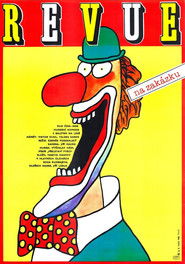 The director and choreographer from Prague...
The director and choreographer from Prague...Goodbye, Medeo 1982
The director and choreographer from Prague are preparing a show performance "Oriental Fairy Tale" - a ballet on ice with the participation of vocal and instrumental ensembles and pop singers. They are shooting their picture in Kazakhstan at the Medeo high-altitude skating rink.
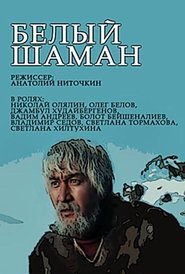 The action takes place in the 1930...
The action takes place in the 1930...White Shaman 1982
The action takes place in the 1930s and 1940s in Chukotka. With the establishment of Soviet power, changes are coming to the camp. The main character — hunter Poygin — does not realize the significance of what is happening immediately. There is a series of events: a collision with a Black shaman who tried to take away a beloved woman from a hunter, a meeting with the head of the cultural base Medvedev, etc. Poygin observes the events that ultimately determine his life position. He becomes chairman of the first collective farm in Chukotka.
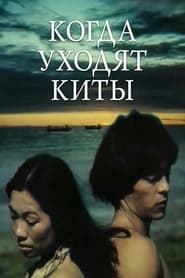 Poetic tale of love between of...
Poetic tale of love between of...When the Whales Leave 1982
Poetic tale of love between of the hunter Gilgil and his beautiful wife Tintin, told through the Chukchi myth imagery.
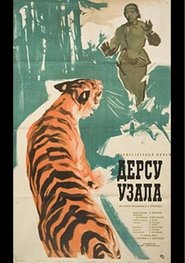 Dersu Uzala Russian is a 1961 Soviet...
Dersu Uzala Russian is a 1961 Soviet...Dersu Uzala 1961
Dersu Uzala (Russian: Дерсу Узала) is a 1961 Soviet film, adapted from the books of Vladimir Arsenyev, about his travels in Russian Far East with a native trapper, Dersu Uzala.
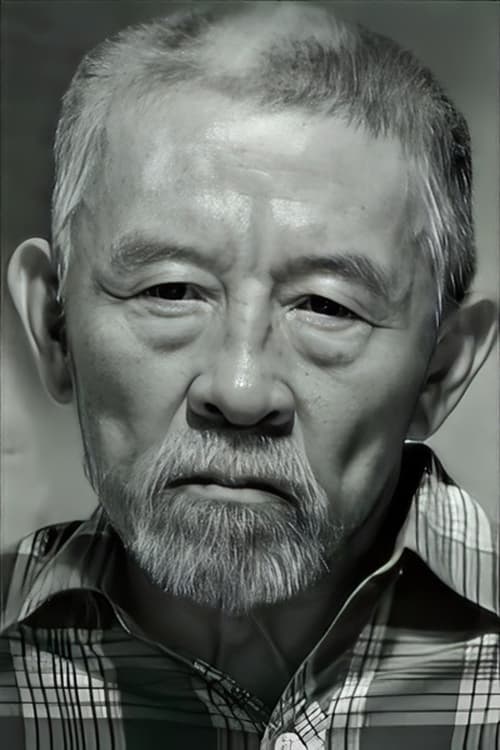
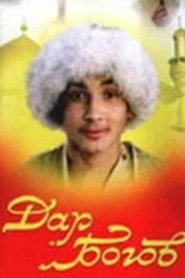 A childrens film based on a...
A childrens film based on a...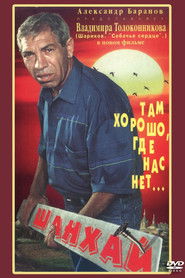 People of an old abandoned neighborhood...
People of an old abandoned neighborhood...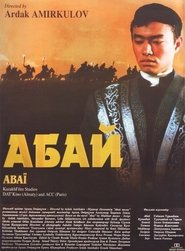 An epic drama about the life...
An epic drama about the life...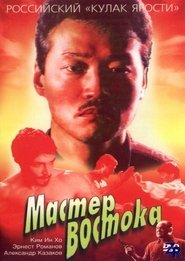
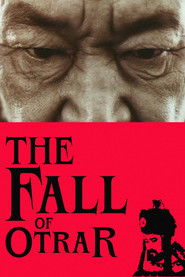 A staggering historical epic about the...
A staggering historical epic about the... Enraged a teacher murders a young...
Enraged a teacher murders a young...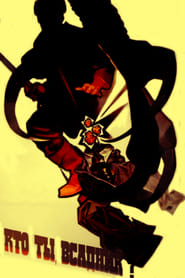 An English company is developing a...
An English company is developing a...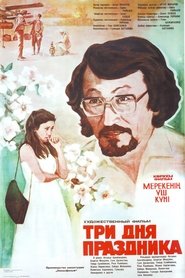 Young Akbota goes to visit her...
Young Akbota goes to visit her...